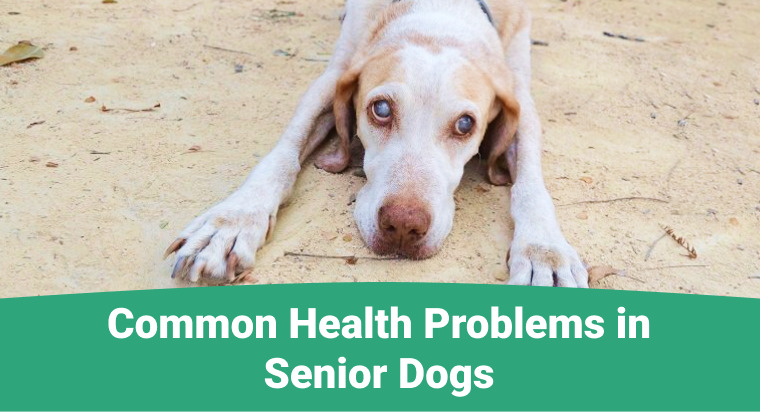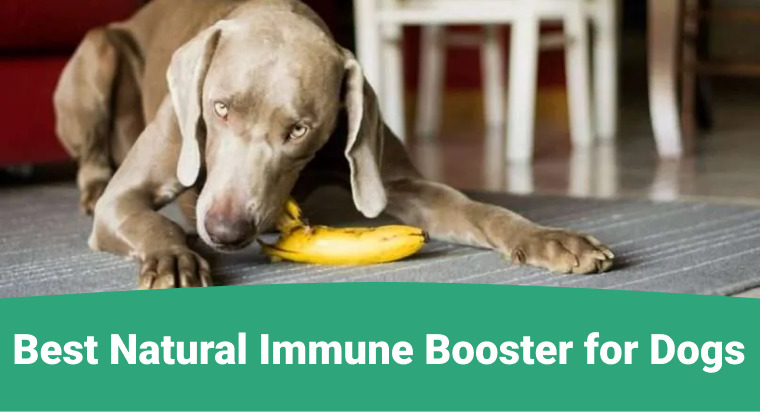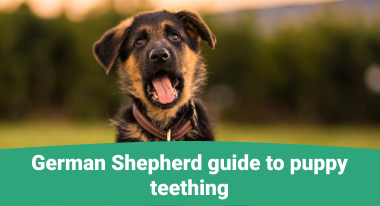Table of Contents
Pet owners are often concerned with the worry that the food provided to the pet might not be enough to fulfill their furry friends’ nutritional needs. Yes, your canine companion requires diverse kinds of nutrients such as amino acids from proteins, fatty acids and carbohydrates, vitamins, minerals, and water to live a healthy life. The veterinarians recommended daily dietary nutrients required to maintain good health in your pet varies based on its size and breed and your pet’s health condition.
While preparing a pet diet plan, you should be careful to provide particular human food can cause health threats and food poison in your dog. Many dog owners are aware that chocolate may create significant difficulties in dogs. Because chocolate is prepared from roasted seeds of Theobroma cacao, it contains the toxic elements of methylxanthines, theobromine (also found in tea & coffee), and caffeine. Chocolate may cause life-threatening cardiac arrhythmias and CNS dysfunction in your pet.
Apart from chocolate, several popular foods might create significant problems for your dog. Ensure to consult your veterinarian before giving your dog anything other than their regular meal. In this article, we have enlisted a few human foods that should not be on the diet list of your pet. There’s also an infographic added; you can scroll through it for a quick sneak peek.

What Are The Most Human- Foods you should Avoid Feeding Your Dog?
Specialists at the Animal Poison Control Center have compiled a helpful list of the most dangerous human foods to avoid feeding your pet:
Xylitol
Xylitol is a sweetener used in candy, gum, candy, baked goods, & toothpaste. Feeding Xylitol may lead to liver failure as the increase in insulin leads to hypoglycemia. As a sign of toxicosis in your pet, you can see vomiting, lethargy, and loss of coordination. Gradually the symptoms progress to seizures, elevated liver enzymes, and liver failure within a few days.
Alcohol
Vomiting, diarrhea, impaired coordination, central nervous system depression, trouble breathing, tremors, abnormal blood acidity, coma, and even death can be caused by alcoholic beverages and food products containing alcohol. Alcohol should not be offered to your pet under any circumstances.
Caffeine, Chocolate, and Coffee
All of these goods include methylxanthines, which may be found in cacao seeds, the fruit of the coffee plant, and the nuts of an extract used in some sodas. Methylxanthines can induce vomiting, diarrhea, increased thirst and urine in dogs, as well as hyperactivity, irregular heart rhythm, tremors, seizures, and even death. It’s worth noting that darker chocolate is riskier than milk chocolate. The lowest concentration of methylxanthines is found in white chocolate, while the highest concentration is found in baking chocolate.
Tea Leaves
While sitting down with a lovely cup of tea might be one of the most pleasant parts of your day, you should not invite your dog to join you. Tea leaves contain caffeine, which can be problematic for dogs. Although your dog may appear uninterested in tea bags, you should keep cartons of them out of reach of your dog and avoid leaving mugs with spent tea bags lying about.
Which Fruits & Nuts You Should Avoid To Feed Your Dog?
Peaches & Plums
The pits or seeds are the issues with these fruits. In dogs, the seeds from persimmons can incite small intestine irritation. Furthermore, plum and peach pits contain cyanide, toxic to people and dogs alike.
Citrus Fruit
Citrus trees’ stems, leaves, peels, fruit, and seeds contain different levels of citric acid, which can induce discomfort and potentially even central nervous system depression if consumed in large quantities. Small dosages, such as eating the fruit, are unlikely to cause much more than slight gastrointestinal discomfort.
Coconut & Coconut oil
Fresh coconut flesh and milk contain oils that can induce stomach distress, loose stools, and diarrhea. Coconut water contains a huge amount of potassium and should not be given to your dog.
Raisins, Grapes & Nuts
The toxic element in grapes and raisins can potentially induce renal failure. It is advised to avoid giving grapes and raisins to dogs until further information about the harmful ingredient becomes available. Nuts, such as almonds, pecans, and walnuts, have a high oil and fat content. In dogs, fats can induce vomiting, diarrhea, and pancreatitis issues. Besides, dogs may experience weakness, sadness, vomiting, tremors, and heat due to eating macadamia nuts. Symptoms generally occur 12 hours after intake and linger for about 24 to 48 hours.
Are Raw Meat and Salty Snacks Safe For Dogs?
Bacteria such as Salmonella and E. coli may be found in raw meat and raw eggs, which can be toxic to both dogs & people. Raw bones may appear to be a healthy and natural alternative for your pet if he or she lives in the wild. A domestic pet, on the other hand, might choke on bones or suffer a serious injury if the bone splinters and becomes caught in or punctures your pet’s digestive tract.
Besides, snacks with salt and salty flavors are also a big no! Excess salt can cause increased thirst and urine in dogs, as well as sodium-ion toxicity. Vomiting, diarrhea, depression, tremors, high body temperature, convulsions, and even death are signs that your pet has consumed too much salt. As a result, it is advisable that you don’t give your dogs salty treats like potato chips, pretzels, or salted popcorn.
Final Thought
Lastly, refrain from providing spoiled food to your pet, which as a concerned pet parent, you definitely wouldn’t do. There are a variety of potentially toxic items lying in your waste, such as rotten or moldy foods, that might upset your dog’s stomach or cause other problems. Mycotoxins are toxins found in molds that induce severe muscular tremors. Make sure to put outdated or rotting meals somewhere out of reach of your dog, such as a securely closed outdoor waste container.
Another The most prevalent reason for poisoning in dogs is a reaction to a medicine regularly recommended for people. Keep your medications unreachable to your furry friend, just as you would for your children. Also, only give your over-the-counter dog drugs if your veterinarian says so. Pain and cold medicines contain ingredients such as acetaminophen or ibuprofen. It might be fatal to your dog. Vegetables & herbs like Onion & Chives can cause gastrointestinal irritation and could lead to red blood cell damage and anemia.
Any dog, regardless of breed, size, or form, is a danger of swallowing anything toxic. Some dogs, though, may be more prone to eating items they shouldn’t because of their personality. While all dogs should be safeguarded from dangerous foods and poisonous substances, dogs who are particularly interested or enjoy putting items in their mouths may require extra attention.
Disclaimer: The content on the site is for educational purposes only, and it does not provide medical advice. The shared information must not be treated as a substitute for or alternative for medical practitioner advice, diagnosis, or treatment. Regarding any concerns about your pet’s health, seeking veterinary guidance is of utmost necessity. Each pet has specific health, fitness & nutrition needs. Do not disregard, avoid or delay pet health-related advice from veterinarians based on reading the information provided on this site.



